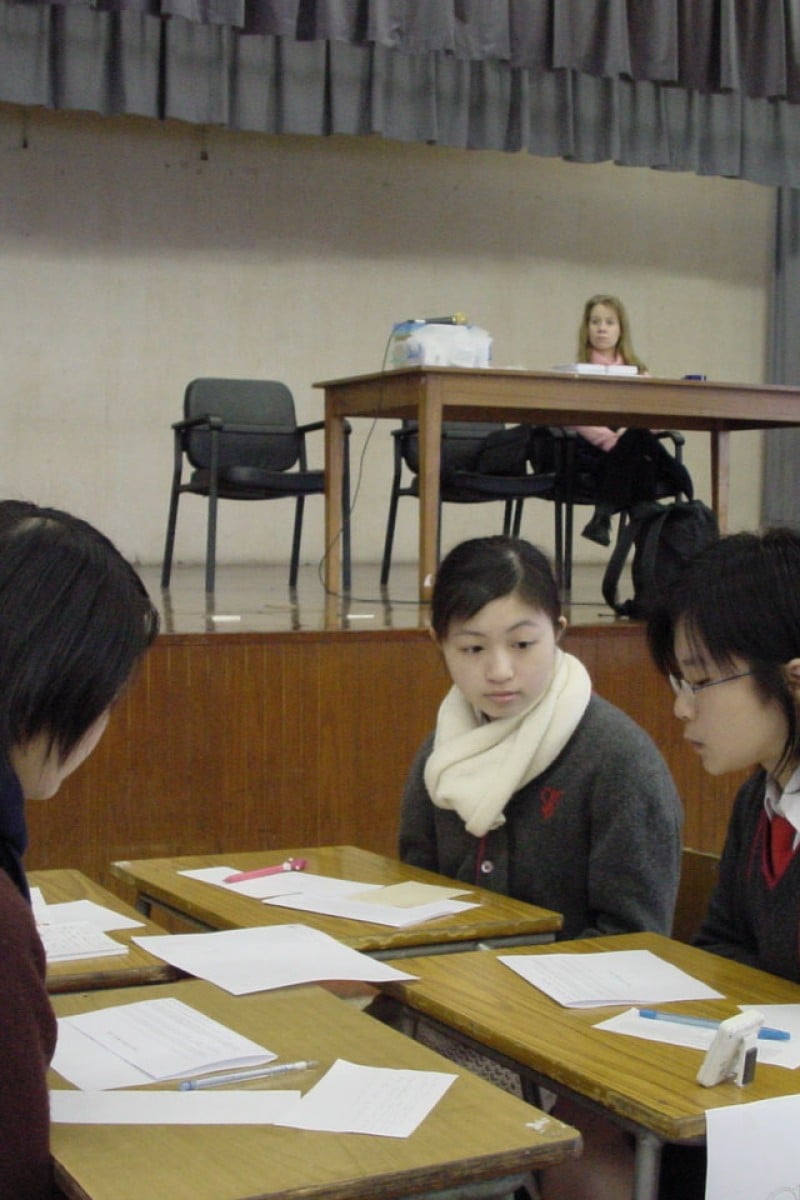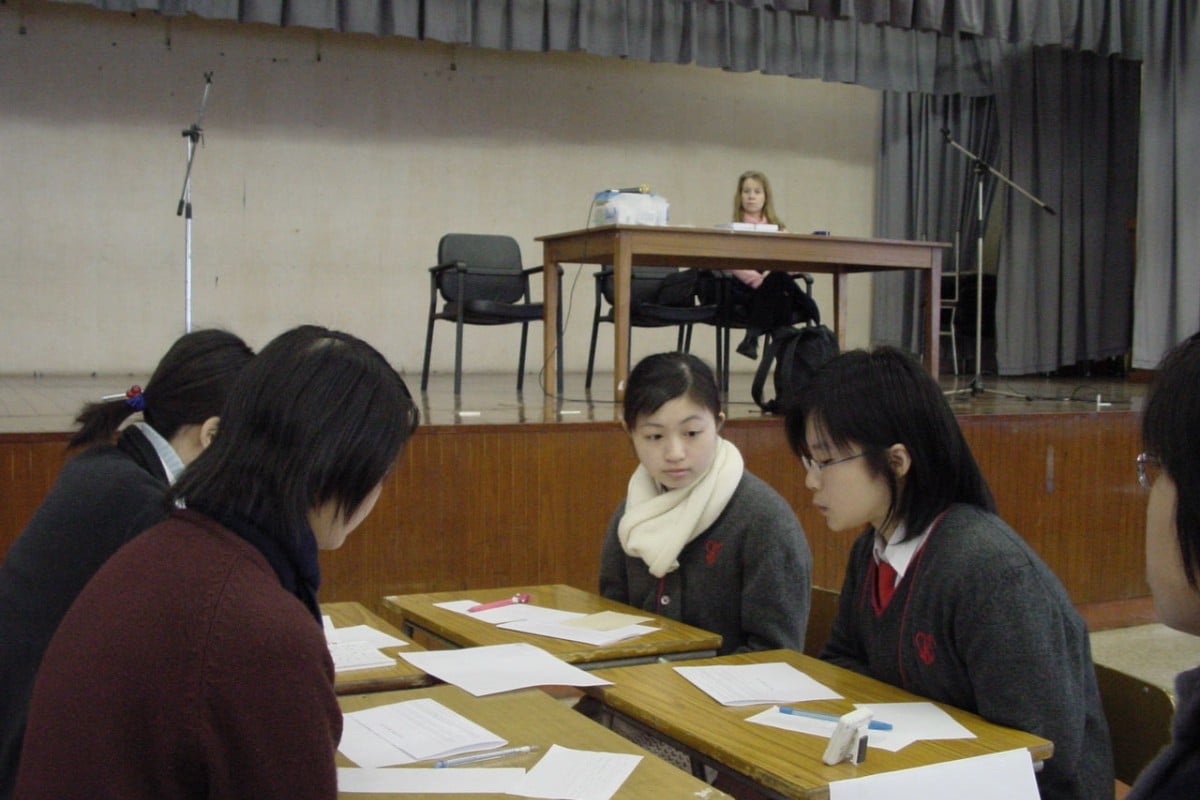
Easy ways to make you seem natural and confident in your DSE English speaking exams
 There are little tricks you can tuck up your sleeve to help you carry a conversation like a pro.
There are little tricks you can tuck up your sleeve to help you carry a conversation like a pro.During the exam
The English speaking exam is almost here, and hopefully you’ve been working on your pronunciation and vocabulary. You might have heard that other students can sometimes mess up your chances of getting a good mark if they dominate the discussion, or suddenly switch language. Despite the authorities saying that students are marked only on their own performance, it’s hard not to get flustered if something unexpected happens.
One of the ways to deal with the unexpected is to use an interjection. That’s a long word for a group of very special short words that make our speech sound more normal, e.g “Ah!” or “Oh no!” or “How sad!”
These words show your emotions, so make sure you use them the right way. Don’t say “How sad!” when people are talking about something happy. Also, you can use an interjection to point out that someone is going off topic or not playing by the rules. You could say “whoops”, or “oh my goodness”, or “gosh”.
Eye contact
It can be quite difficult, after everyone has been telling you to “make eye contact”, to remember that the examiners are not officially in the room. You should not speak to them or look at them, only at the other candidates.
Dreaded dead air
You might, on the other hand, be left with an awkward silence as other members of your group freeze, or only offer one or two sentences. You can score more if you pick up the conversation ball and play around with it.
You can try to relate the topic to school, the future, the cost of doing something, whether people’s health might be affected, and of course, your studies.
Three things to remember
Teacher Dan tells us on the YouTube video that you need to do three things during the exam:
1 Comment on what other candidates have said
You could say “Good idea!” if you agree, or “I hear what you say but ...” if you disagree. But just remember that everyone will be saying very similar things, so flip through a few of the words you could use to comment on the other candidates. Keep track of what others say so that you can remark, “I like Candidate B’s suggestion of a barbeque and Candidate A’s suggestion of a dog walk, perhaps we could find a place to take dogs to a barbeque”.
2 Give your ideas
Those are the ideas you have been working on during the short period before the exam. It’s always good to have several ideas, but don’t cram your paper with them so you can’t easily see them. You really don’t want to be reading from your notes when it is your turn to speak. Don’t forget to give an example of what you’re talking about. Rather cut down on your ideas but allow yourself space to go into detail. The best way to work around this is to practise with friends.
3 Invite others to speak
You have probably heard this a zillion times ... “What do you think?”. So you could try to vary it a little. Don’t be pushy. You might be hyped up and eager to run with the discussion but you’re also being marked on your interaction with the group. You need to give them space to speak, too. The art of holding a conversation is letting it go. If you think about the conversation as a ball, you can’t play if you hog the ball; you need to pass it to someone else.
You can ask: “Do you have any ideas?” or “I can’t see any negatives, can anyone else?”
